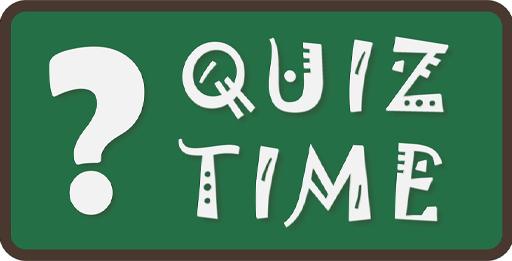3.5 Session 3 quiz
You have now completed the session on managing through collective leadership. To test your understanding of this managerial approach, have a go at the Session 3 quiz.

Activity 12 Session 3 quiz time
a.
a. Leadership distributed among at least two individuals
b.
b. All the members of an organisation are leaders at least at some point in time
c.
c. Individuals in a specific organisation can at times be leaders
d.
d. Leadership is produced by interactions between individuals inside collectives
The correct answer is d.
Answer
d. Relational leadership is about acknowledging that leadership is a process that takes place through the relations of all the organisational members. In this perspective, leadership is not simply located in a variety of individuals. Rather, it is produced through the interactions between individuals inside collectives.
a.
a. Leadership is a process that takes place through the relations of all the organisational members
b.
b. Leadership spreads out across the organisation
c.
c. Leadership is related to how organisational members practise leading in a specific context
d.
d. Sees leading practice in the process of organisational collaboration
The correct answer is b.
Answer
b. In the perspective of distributed leadership, leadership is distributed among at least two individuals within an organisation. All the members of an organisation are leaders at least at some point in time. Thus, leadership spreads out across the organisation.
a.
a. Space
b.
b. Structure
c.
c. Reward
d.
d. Dialogue
The correct answers are a and d.
Answer
a, d. The core ideas of management that can help to facilitate collective leadership in an organization are space (a) and (d) dialogue. The third is listening.
a.
a. Open-plan offices
b.
b. Individual office
c.
c. Internal and digital technologies
d.
d. Shared space (e.g. common room)
The correct answers are a, c and d.
Answer
a, c, d. Any kinds of space settings that enhance the interactions among employees can help to facilitate collective leadership.
a.
a. Employees continually create, acquire and transfer knowledge
b.
b. Employees help their organisation adapt to the unpredictable faster than rivals can
c.
c. An organisation possessesing a culture of learning
d.
d. Teamwork
The correct answers are a, b, c and d.
Answer
a, b, c, d (all of the above). A complex problem for an organisation could consist of having to innovate in terms of processes and products, to be creative and think out of the box – all of which consist of learning. All of the above practices can help to facilitate learning.
